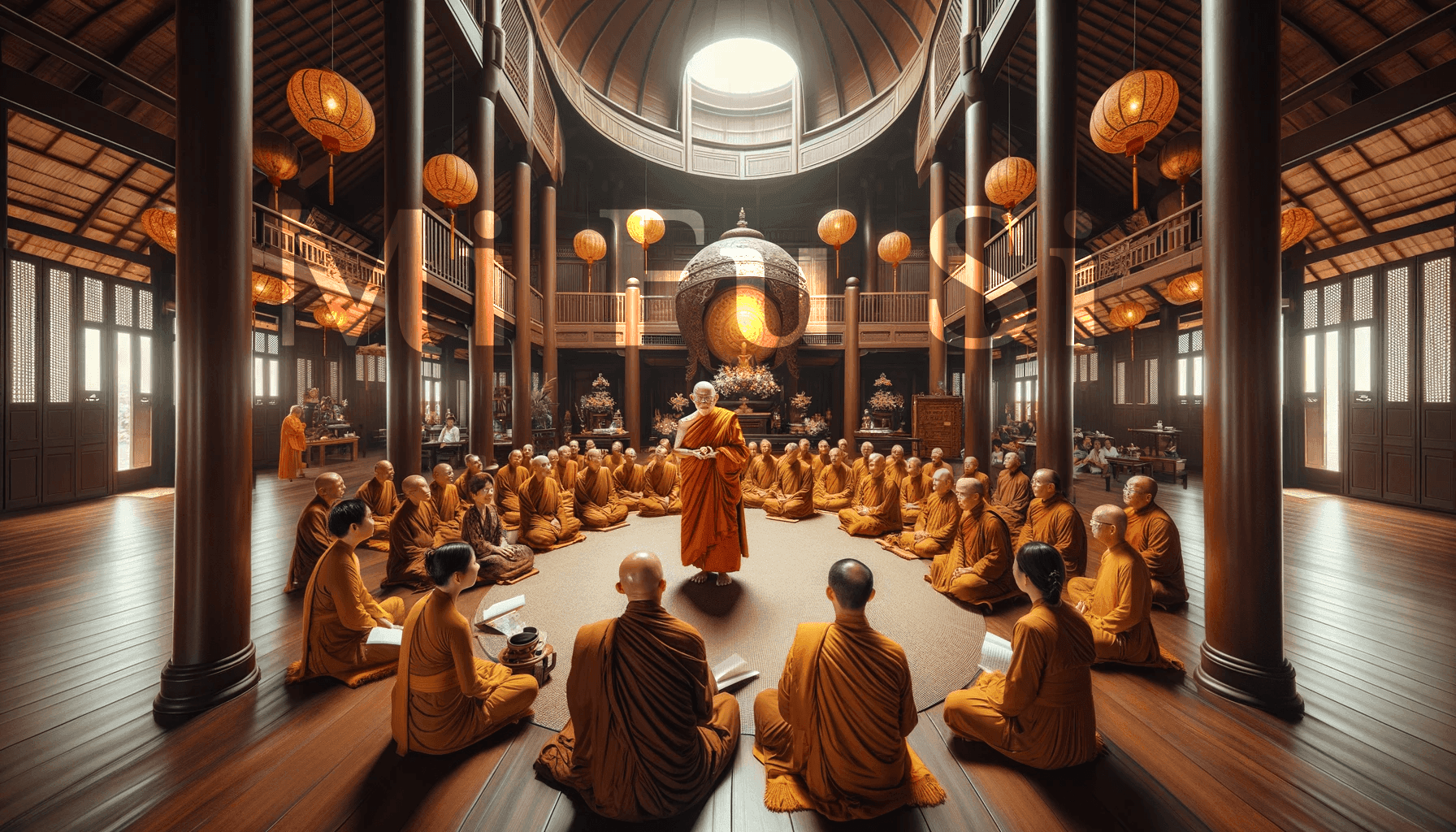translated by Dianichi
We would like to tell the story of a venerable monk known as the Living Buddha, who diligently practices asceticism, presides over a renowned temple, yet is stubborn, always considering his own doctrine as the correct one, while regarding others’ teachings as demonic or heretical. This is a common trait among monks who adhere rigidly to formal appearances.
Around mid-1981, we already had the exit permit from the Vietnamese Ministry of Internal Affairs to go to the United States for some time. However, the ODP program in the US was a bit slow, so we had to go from the province to Saigon several times to supplement our files. During one of these trips to Saigon, we stayed at Lữ Gia Phú Thọ dormitory, the home of Ms. Duyên, who was a law school classmate of my wife. Ms. Duyên knew that we practiced Esoteric Buddhism and treated some spiritual ailments, so she introduced us to Ms. Bích, a close friend of hers who lived a few units away. Ms. Bích’s youngest sibling had been experiencing spiritual ailments and had come to Pure Light Pagoda (Linh Quang Tịnh Xá) under the guidance of Venerable Thích Phổ Ứng at Khánh Hội, for treatment.
Ms. Bích’s mother turned out to be none other than the mother of Dr. Dũng, one of the Old Guru’s disciples living in England. We initiated Ms. Bích’s younger sibling into the faith and confirmed that the supernatural phenomenon was related to one of the Patriarchs from Nine Generations, stirring up awareness of the faith within the family.
On a trip to Saigon for an interview, we brought along two young children, a boy and a girl, aged 5 and 4 respectively. At that time, Ms. Bích and her youngest sibling took us to visit the Pure Light Pagoda. We were interested in learning more about this temple known for treating spiritual ailments, although we had previously been involved in exorcisms that had shaken the entire province of Trà Vinh (which I will recount when the opportunity arises).
The monks at the Pure Light Pagoda followed the Mendicant tradition and only ate once at noon; lay Buddhists who attended the midday meal with the monks often stayed for the meal and then returned home. We observed that the temple was quite affluent, clean, and well-kept. Inside the temple, everyone ate white rice, while at that time, many people had to eat red rice sometimes mixed with cassava. When we arrived, Venerable Thích Phổ Ứng was in the main hall, with an assistant monk standing by his side. He was treating a few minor cases of spiritual ailments by placing his hand on the head of the possessed person, who would then shudder or convulse before being cured.
I intended to learn more, so I stepped forward to the main hall, receiving the divine energy to perform the ritual of offering obeisance using a seal. Although the divine energy did not prompt us to bow, we remained cautious, understanding that not all directives of the divine required absolute obedience. Therefore, I bowed respectfully before the statue of Shakyamuni Buddha. Next, the divine energy shifted towards the back, where there were four flags inscribed with the names of Buddhas and Bodhisattvas in Vietnamese script, such as Amitabha Buddha, Avalokitesvara Bodhisattva, Ksitigarbha Bodhisattva… Although the divine energy did not prompt me to bow, I bowed before those flags on my own initiative. After offering obeisance several times, I stopped.
In the temple at that time, there was Venerable Thích Phổ Ứng, the deputy monk standing in front, and about 5 to 10 other lay Buddhists still present, including Ms. Bích and her youngest sibling. Venerable TPU spoke up and asked:
– What are you practicing, lay Buddhist?
– I replied: Well, we’re performing Buddhist rituals using a seal.
– The Venerable monk asked: What kind of practice requires such rituals?
– I said: We’re practitioners of Esoteric Buddhism under the guidance of Venerable Thích Viên Đức.
– The Venerable monk asked: Esoteric Buddhism practitioners, do they follow a vegetarian or non-vegetarian diet?
– I replied: Well, I’ve been following a vegetarian diet for about 2 years… but currently, we’re non-vegetarian.
Looking at the two young children accompanying us, he exclaimed loudly:
– Esoteric Buddhism practitioners eating non-vegetarian? Do you have a wife and children? That’s heresy! It’s very heretical indeed!
Drawing on my experience in exorcism and recognizing the steadfast beliefs of certain monks who regard themselves as Buddhas due to the reverence of their lay followers, anyone who doesn’t share in this veneration is often labeled as demonic!
In response, I gently suggested:
– If there are concerns of demonic influence, perhaps you could perform an exorcism for me?
He hesitated with the seal, recited some incantations for a while, expressing his intention to exercise his power to bind demons. However, ultimately, he was unable to achieve any result, and we politely asked to leave. A few days later, we returned to Trà Vinh.
About two weeks later, we received a summons to return to Saigon and continued to stay at Lữ Gia dormitory, at Ms. Duyên’s house. She informed us that she had heard from Ms. Bích and her youngest sibling that after our departure, for several consecutive days, Venerable Thích Phổ Ứng continued to bring up our previous encounter. In front of the main hall, he repeatedly cursed, saying: “That lay Buddhist will face great danger!” My wife was deeply concerned upon hearing that a venerable monk had uttered such curses against me, but I remained unaffected and paid little attention to it.
We also heard from the youngest sibling that Venerable Thích Phổ Ứng once asserted that the other person was afflicted by spiritual illness because they recited the Lotus Sutra and called for the burning of the Lotus Sutra. He also instructed lay Buddhists that in times of danger, they should recite “Namo Thích Phổ Ứng” for him to come and save them. We immediately recognized his error. Reciting the Lotus Sutra does not bring about negative consequences; his statements stemmed from his ego and intolerance. Considering reciting others’ scriptures as demonic and believing oneself to be superior is akin to teaching others to chant his name instead of the Buddha’s.
Later, two weeks before we left for the US, we heard that Venerable Thích Phổ Ứng had collapsed in front of the main hall and was taken to the infirmary, while the deputy monk’s hand was injured (the hand often used to place on people’s heads for exorcism). About a month after we arrived in the US, we received a letter from Ms. Duyên informing us of Venerable TPU’s passing.
After relocating to the US, I embarked on a series of articles delving into the mystical realm. However, I purposefully omitted recounting the events at Linh Quang Tịnh Xá to avoid undermining the faith of lay Buddhists in certain monks who perceive themselves as highly enlightened. Nowadays, disciples who engage in doctrinal study on forums possess a sufficient level of comprehension to understand the underlying principles, enabling me to now share the story from 30 years ago. At that time, Dr. Dũng was merely a young boy of around 10 years old; now, he’s approaching 40. His youngest aunt was in her early twenties then and is now in her fifties, residing in Vietnam, while Ms. Bích, also in her sixties, lives in England. They serve as living witnesses to this narrative.
The examination undergone by Venerable TPU marked his final test, and the outcome became unequivocal. Buddhist scriptures often assert: “Those who rigidly adhere to doctrines and consider themselves superior cannot attain Arhatship… To become a Bodhisattva, one must transcend fixed doctrines and self-importance… Those who persist in clinging to fixed doctrines and self-importance during their practice cannot achieve anything truly lofty…”
This fundamental teaching, which we learned 30 years ago, guided us to firsthand investigation of a profoundly skilled and mysterious spiritual abode. It was through this teaching that the celestial court utilized my hand to correct a venerable who falsely claimed Arhatship when, in reality, he was still traversing the path of practice (due to his adherence to fixed doctrines and self-importance). This experience is just one among many that we will gradually share on the forum for our disciples’ enlightenment.
More reference
Encountering Protestantism by Oneway
Related Post
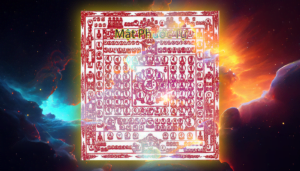
Chapter VI: III – Ucchusma On The Supernatural Power That Stops Hundreds Of Transformations
III. Ucchusma On The Supernatural Power That Stops Hundreds Of Transformations. North India, Samana Ajitasena brought over this Sutra under...
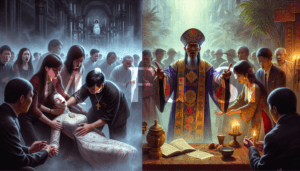
MY AUNT’S SPIRIT POSSESSION
MY AUNT'S SPIRIT POSSESSION (Quỷ nhập- Câu chuyện ôn tập lời dạy của Tổ, Thầy by Bạch Hạc on Wed...
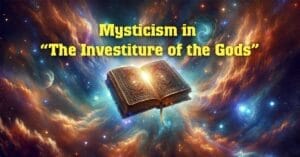
Foreword
Foreword: This book, "Mysticism in The Investiture of the Gods" is a translation from the original Vietnamese text. The Chinese...
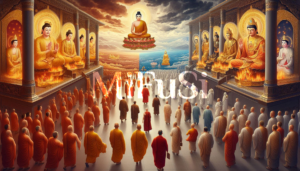
Authenticity Versus Deception in mysticism
Authenticity Versus Deception in mysticism Thiệt - Giả - Cơ huyền by batnha on 05/16/2024, 13:57; translate by Akira Authenticty...

CHAPTER 2 I: II – ADHISTANA (PART 2/6)
II. ADHISTANA: Adhistana is translated in ancient Chinese as a spiritual force, a supernatural force, or the 'giving-upholding' force. It...

THE BIRTH OF NEZHA AT CHENTANG PASS
This chapter is about Sir Tai Yi residing in the Golden Light Cave of Mount Qianyuan, an Immortal who has...
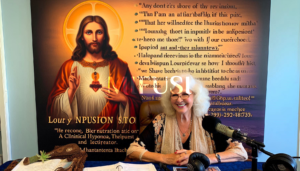
Story 12 – East-West Mystical Encounter
Story 12 -East-West Mystical Encounter Câu chuyện số 12 - Huyền bí Đông và Tây Phương by Hoctro-gia on 12...
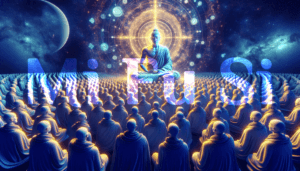
MEET THE “LIVING BUDDHA”
MEET THE "LIVING BUDDHA" (Gặp Phật Tại Thế by Anbình on 18 Feb 2014 - translated by Silly92, edited by...
